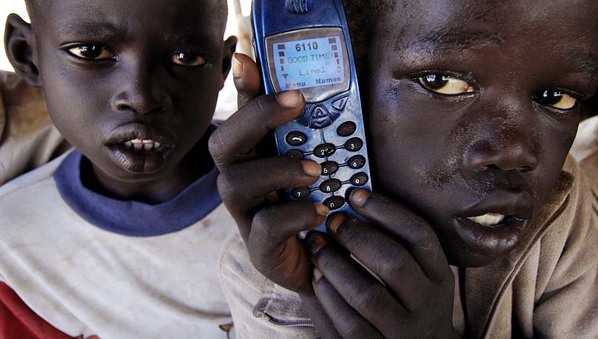
Another part of the package that makes mobile ministry an interesting topic is that of who is heard evangelizing what makes sense and what works well. In some respects, its easy to say that anyone who is doing anything with mobile can be an evangelist of its uses, but that’s not the case. The voices in leading mobile best come from those who are using it most directly (via Elezea).
…Now, a second question: when was the last time you heard that teachers in Africa are not trained properly, are demotivated and that the formal education systems in which they work are weak? My hunch is that you’ve heard much more about this than you’ve heard teachers praising mobile technology.
My concern is that some people use the problems with education systems to justify excluding teachers from the design and development of mobile learning interventions. Teachers’ voices are marginalised. And mobile operators association GSMA (to take just one example) characterises the teaching profession in a way that divorces it from progress and innovation.
The difficulties teachers face are used as a starting point for criticism, rather than as a motivation to address systemic issues…
That’s a hard win-lose. To see the prospects of mobile and then run to it feels like a success point, but then who is calling it a success? The person evangelizing it, or those putting it into practice?
How many of your mobile ministry efforts are founded in the context of the direct users? How many of those persons contribute directly to your project, and then to the local assimilation of mobile for that activity? Or, is this where your project hangs? Like we said in previous posts, do you understand the context of where you are asking for mobile to go?